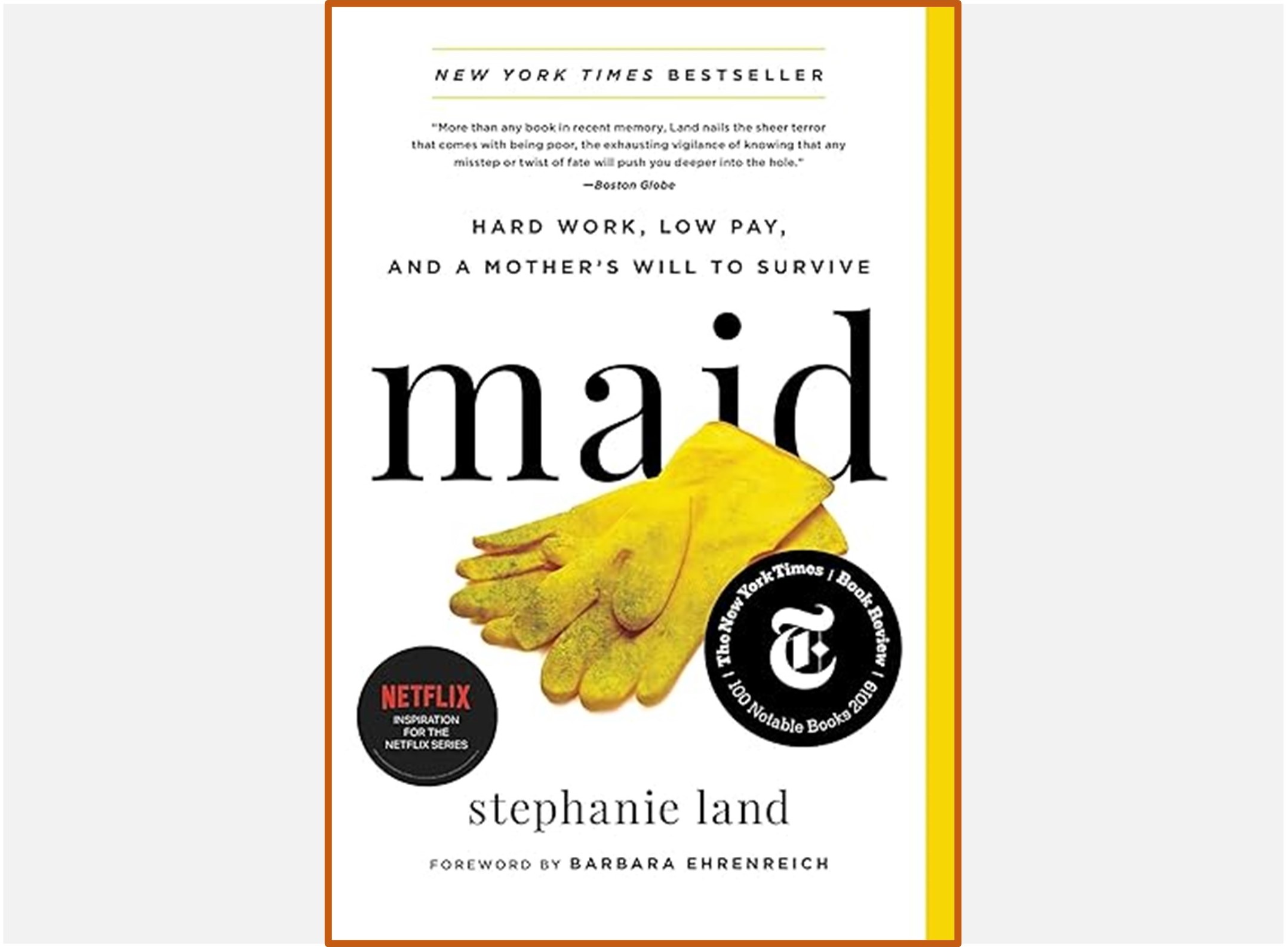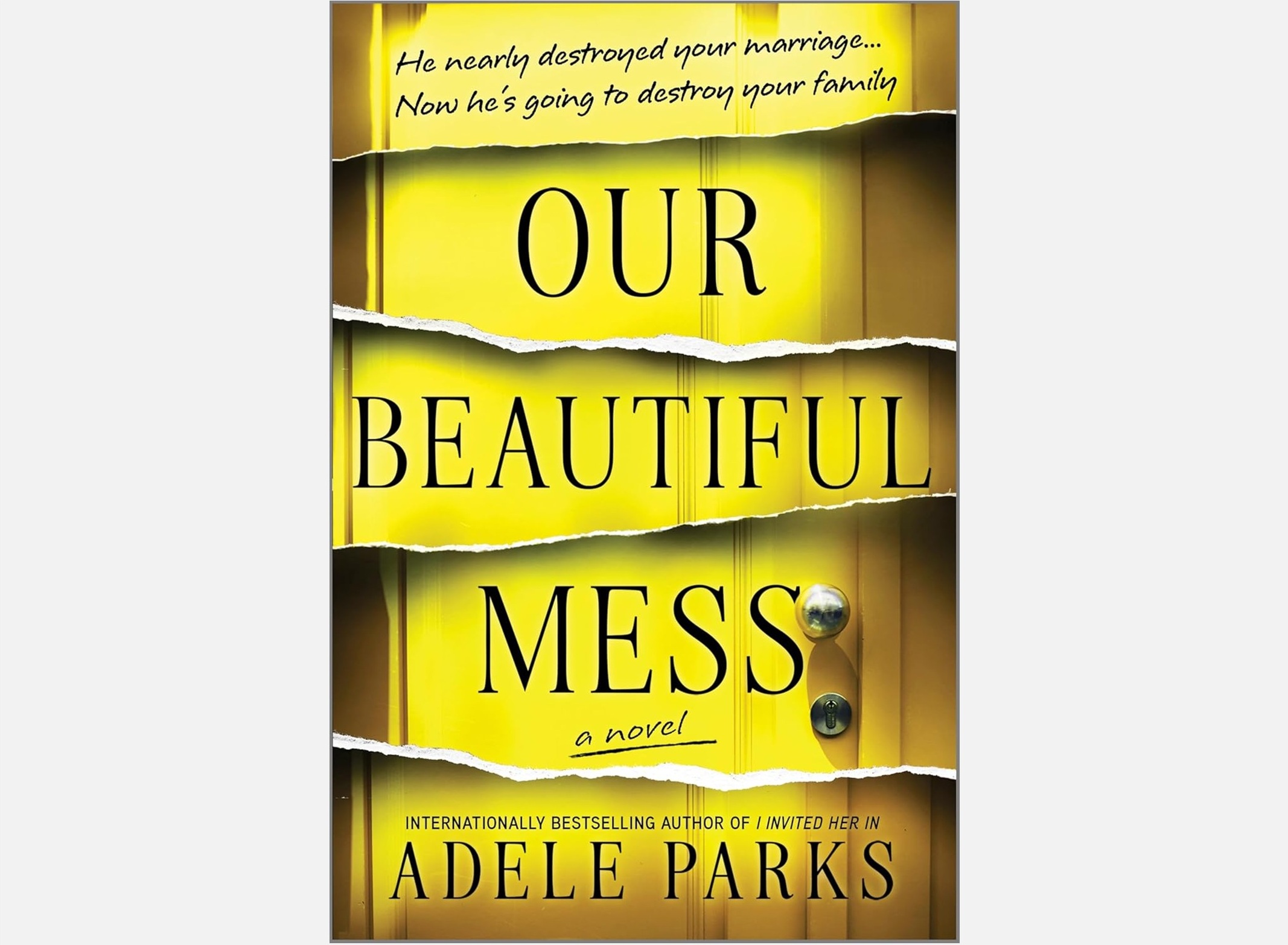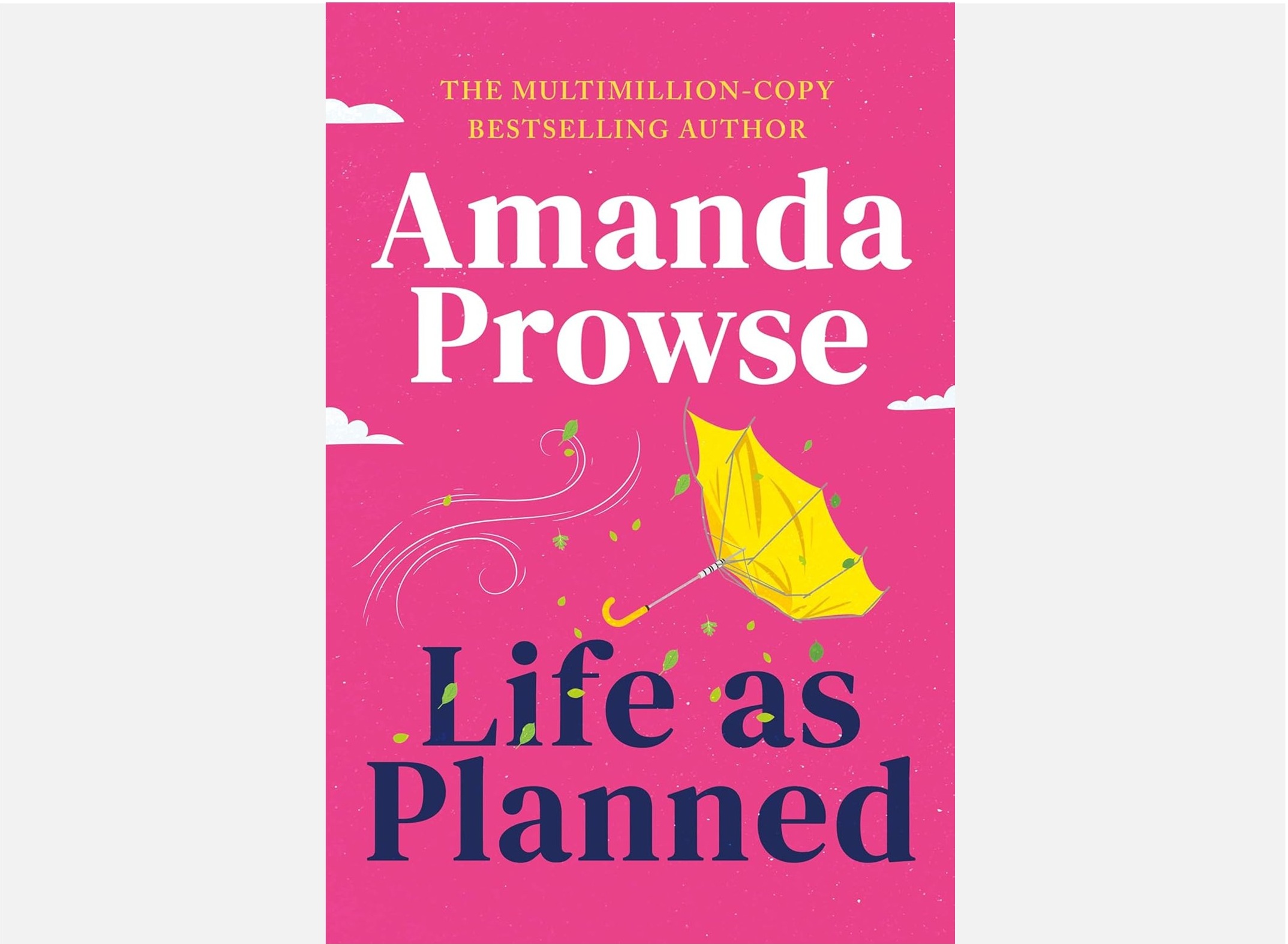Story for the Week
The Golden Rule: Treat other people the way you want to be treated. Do unto others as you would have done to you. Also known as the ethics of reciprocity, the idea is that if you want people to treat you nicely, you need to treat them nicely as well.
My daughter Corinne started working as a server at Denny’s a few months ago. We’ve always taught her to treat service people well. If your food comes out cooked wrong, it’s not the server’s fault. If the restaurant is crowded, you have to practice patience. Sometimes they make mistakes or forget things, and don’t we all? If they ignore you, that’s a different story, but there is no reason to look down on them or treat them like we’re better than they are.
We have been to restaurants where we had favorite servers, and we would regularly request them. Maggie at Longhorn Steakhouse. Emily at Denny’s. After Emily left, it was Meech (yes, that was a nickname). They took good care of us, knew what drinks we always ordered. Maggie used to tell us how her wedding plans were coming. We brought Emily flowers one year for her birthday. Meech once lost his grip on a small cup of butter that landed in my lap. He was mortified, but I am a klutz, so we laughed it off. I’m Facebook friends with all three of them.
At the Denny’s where Corinne works now, my parents would go in the mornings, and always sat with Carolyn or Julie. Julie has a little boy, and my dad regularly brings small bags of Matchbox cars for her to give to her son. We typically go for dinner, so we regularly asked for Xiaoli…until Corinne started working there.
We all cross paths with service workers every day…not just in restaurants. Lawncare workers, housekeepers, daycare workers, people who regularly take care of things for us that we don’t have the time or the inclination to do. Heck, I have a company that comes out to pick up the dog poop in my yard every week. I’m not Facebook friends with the poop guy as I call him, but I am Facebook friends with my cleaning lady.
I found Maggie on Facebook. She posted her business card in one of the groups I’m in. My husband Dennis had suggested hiring someone over the years, and I always balked at the idea. I felt like it was my responsibility, but it didn’t stop us from arguing about the fact that I couldn’t do it all. I wanted his help, not hired help. After he passed, I became even less inclined to try to do it all, and it all just felt so overwhelming. So when I saw Maggie’s business card, I called her for a quote to do my floors, bathrooms, and dusting every other week.
Over the last couple of years, Maggie feels less like a service worker to me. There was one day I was exhausted from something and happened to be off work. I don’t even remember why, but I needed to sleep. I asked her to skip cleaning my bedroom but to just come in and do my bathroom when she was ready. She cleaned while I slept.
Our dogs adore her and have to greet her when she arrives. I give them snacks to get them outside or into the office, where they stay while she cleans. When she hollers that she’s done, I let them out to say goodbye. If she hears me on a work call through the door, she just sneaks out.
One day, I had to go out before she arrived, and I was a little late getting home. We were about 10 minutes from home, but I didn’t want to delay her, so I gave her the option to either wait or I could open the door for her. The caveat was that she had to corral the dogs before she got started. She said she loved the dogs, and she knew where the snacks were. I didn’t hesitate to remotely unlock the door and let her in. Another time, I had to leave before she finished. She let the dogs out of the office before she left, and texted me so I could lock the door.
I treat her like any other person…because she’s a person. She just happens to be a person who helps me clean my house.
I just finished a memoir by a woman who worked as a house cleaner, but a lot of her clients expected her to be a “nameless ghost.” They would leave before she arrived, never spoke to her or knew her name. I can’t imagine treating people that way. Of course, I couldn’t imagine abandoning my child and grandchild like the author’s parents did either.
I live by the lesson to treat people how I want to be treated. I really think the world would be a way better place if we all did.
Book Review
⭐⭐⭐⭐
4 Stars for Maid: Hard Work, Low Pay, and a Mother’s Will to Survive by Stephanie Land
288 pages
Publisher: Legacy Lit
Publication Date: January 22, 2019
Purchased on Amazon.
Publisher’s Description
At 28, Stephanie Land’s dreams of attending a university and becoming a writer quickly dissolved when a summer fling turned into an unplanned pregnancy. Before long, she found herself a single mother, scraping by as a housekeeper to make ends meet.
Maid is an emotionally raw, masterful account of Stephanie’s years spent in service to upper middle class America as a “nameless ghost” who quietly shared in her clients’ triumphs, tragedies, and deepest secrets. Driven to carve out a better life for her family, she cleaned by day and took online classes by night, writing relentlessly as she worked toward earning a college degree.
She wrote of the true stories that weren’t being told: of living on food stamps and WIC coupons, of government programs that barely provided housing, of aloof government employees who shamed her for receiving what little assistance she did. Above all else, she wrote about pursuing the myth of the American Dream from the poverty line, all the while slashing through deep-rooted stigmas of the working poor.
************
I had seen the previews for the Netflix series Maid: “After fleeing an abusive relationship, a young mother finds a job cleaning houses as she fights to provide for her child and build them a better future.” I had not had a chance to watch it when I found out it was inspired by a memoir by Stephanie Land. After reading the book, I plan to make time to watch the 10-episode series.
Maid: Hard Work, Low Pay, and a Mother’s Will to Survive begins with Stephanie moving into transitional housing from a homeless shelter. The foreword, written by best-selling author Barbara Ehrenreich, asks that we abandon our stereotypes of domestic workers, single parents, and media-derived images of poverty. If we can do that—checking our own biases at the door—Land’s first sentence hits pretty hard: “My daughter learned to walk in a homeless shelter.”
The book spans just a few years, starting just before Land’s daughter Mia’s first birthday and ending shortly after Mia starts preschool. Land weaves in the story of her own childhood. Her parents came from poverty, having grown up north of Seattle in Washington state, but they made their way into the middle class. Land and her family spent her childhood volunteering to help people living in poverty in Anchorage, Alaska, where her family moved when she was seven. She felt secure in her family’s middle-class standing.
After her brother graduated high school, however, her parents divorced and moved on with their lives, leaving Land feeling emotionally abandoned. Both of them married spouses that didn’t seem to care about Land and her brother. Land returned to Washington because it had always felt like home.
In her late 20s, Land made plans to go to Missoula, Montana, to study creative writing. The summer before she was set to leave, she met Jamie. They moved in together to save money, knowing their relationship had an end date. Land was going to Missoula, and Jamie was going to Portland. When Land discovered she was pregnant, Jamie flew into a rage and insisted he would not support the baby financially. Land knew keeping the baby meant skipping school and getting a job, and she was determined to give Jamie a chance to be a father despite his misgivings.
With her parents each choosing their new spouses versus helping Land and Mia (which completely blew my mind) and Jamie doing as little as possible to support them, Land relied on government assistance and subsidized housing to survive. This is the story of how she struggled to make ends meet every single day—working as many cleaning jobs as she could find, bartering her cleaning services for discounted rent, studying at night—until she eventually broke out of the poverty cycle and moved with Mia to Missoula and earned her degree.
She worked hard, she sacrificed for her daughter, she knew what she wanted to do. Land made plenty of bad choices. That is abundantly evident. But she picked herself up every time.
Not the most beautifully written memoir, parts of the book felt repetitive and almost whiny. I wanted to shake Land for her relationship choices and the way she spent a tax refund. As I thought about it, though, we have probably all made bad relationship choices. We have probably all made poor purchase choices. The difference is that we are not all living in true poverty, hanging on by a thread, one step away from a homeless shelter.
Land’s story gives us a heartbreaking view into what it’s like to struggle to find your next meal, to find a clean place to live, to survive the stigma of being on assistance. I don’t read a lot of memoirs. I can count on one hand the number I have read in my life (Arthur Ashe’s Days of Grace, Jeanette Walls’ The Last Castle, Amanda Prowse’s Women Like Us, in addition to this one). This is a story worth reading.
If you enjoyed this post, please comment below. Subscribe for regular updates, and share it with your friends. If you’re interested in starting a conversation, send an email to booksundertheblanket@gmail.com.
As an Amazon affiliate, I earn a small commission at no cost to you when you make a purchase using the links on my site.




